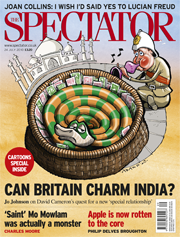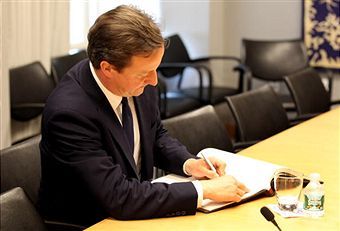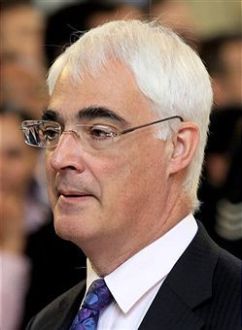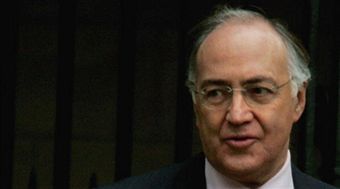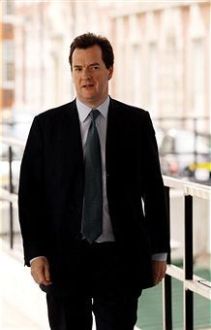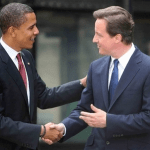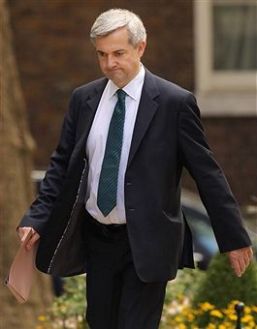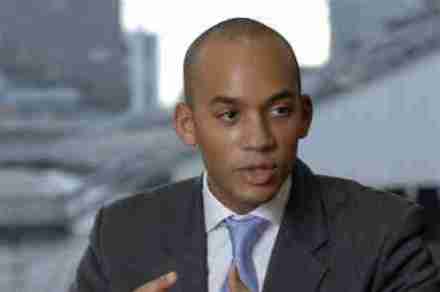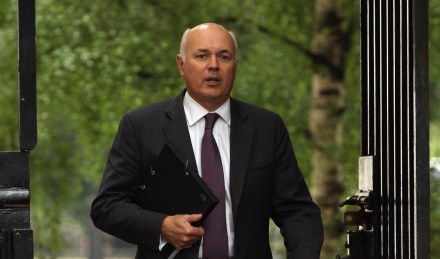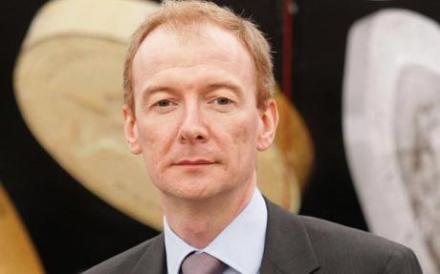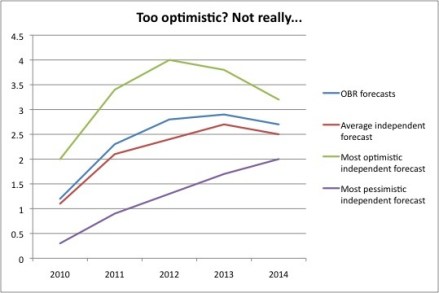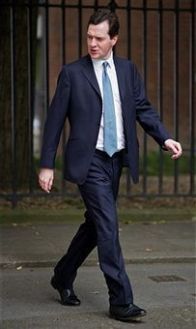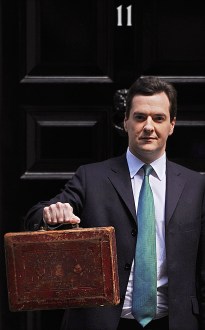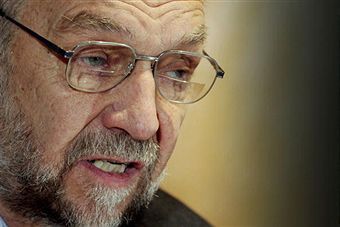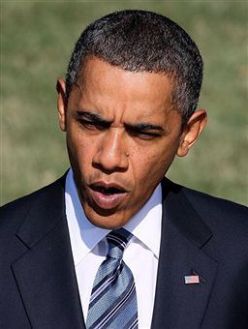Dave’s pageant is all very well, but India wants to talk immigration
In 1690, Thomas ‘Diamond’ Pitt led an opulent delegation of the East India Company’s Madras factors, bearing their wares, to the Nawab of the Carnatic, the richest man in southern India, with the intention of buying him out. They succeeded, but Pitt had nothing on David Cameron’s delegation. Six cabinet ministers, more than 10 CEOs and God knows how many diplomats are accompanying the Prime Minister. The only person missing is Nick – but that sort of thing is frowned upon by Delhi’s Edwardianly genteel political classes. As I wrote yesterday, pageantry titillates commercial diplomacy, and Cameron is staking everything on this mission. As the Independent reported yesterday, current Anglo-Indian bilateral trade is worth
